Political campaign at CBS uses famous paintings to make students stop sitting on their hands and vote!
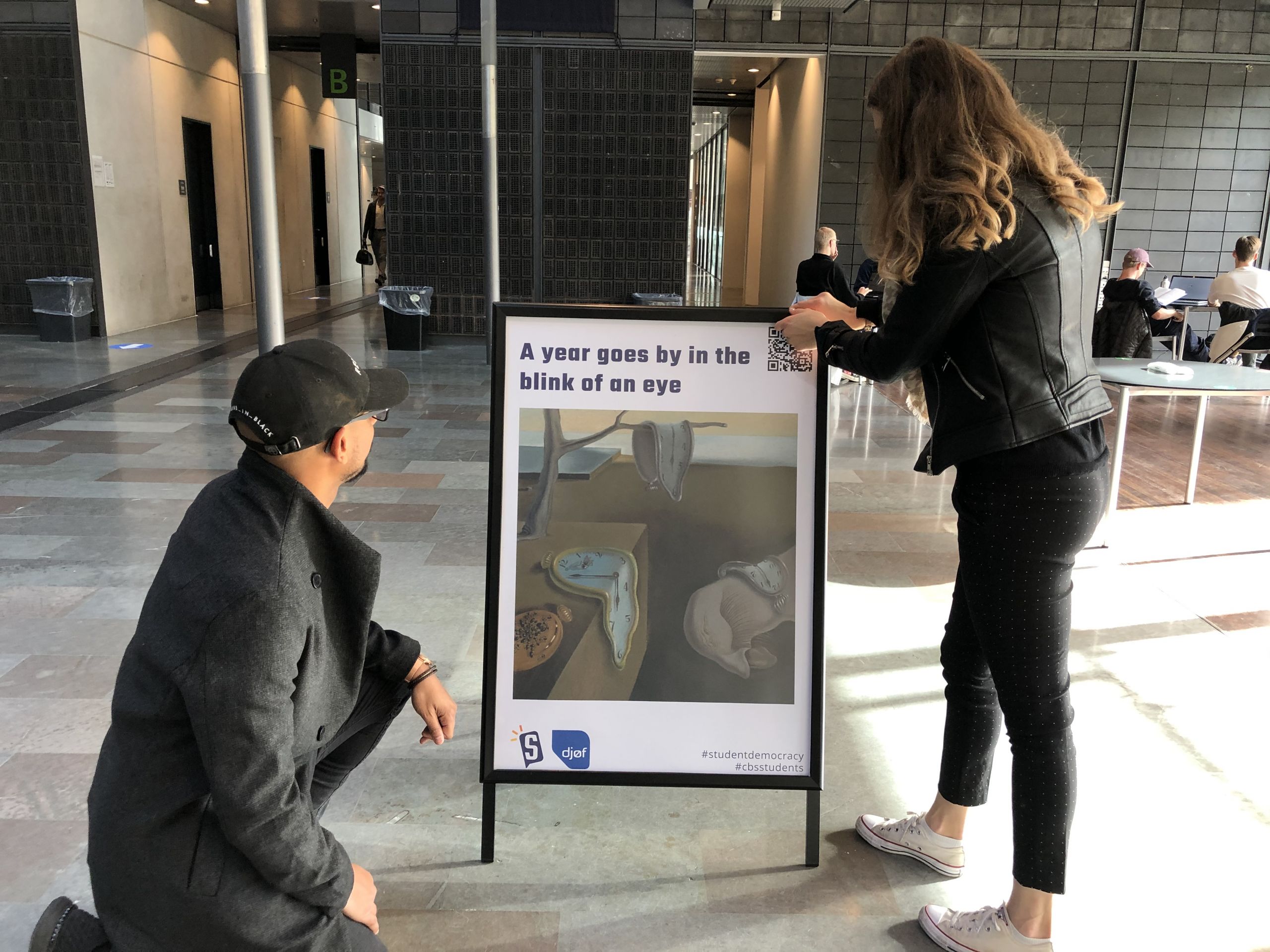
(Photo by Mette Koors)
‘Gamble or safe bet’, ‘Sometimes it’s better not to be alone’ and ‘Does everyone have a seat at the table?’ are some of the slogans in a new political campaign by CBS Students, which wants students to vote in order to remedy a 20 percent participation rate at the last CBS election and prevent student democracy from dying a slow death.
As a student, maybe you’ve stumbled on some posters of famous paintings recently at CBS campus with slogans printed on them. Perhaps you’ve passed the posters several times, and maybe your curiosity has even forced you to find out why there’s a painting, among others, of seven dogs sitting at a poker table.
If this is the case, that is exactly what CBS Students wants you to do. This week, the student union is running a campaign that aims to attract and incite students to vote in the upcoming university election at CBS in November.
Not even a fourth of all students voted at the last election, which, according to CBS student and co-creator of the campaign Leo Bondy, is a major threat to students’ participatory democracy. Not just for CBS, but for all Danish universities.
“Back in 2017, there was also a low participation rate at the national university elections. And since students apparently didn’t want to participate and use their vote to choose a representative to fight for them, the Danish Ministry of Education was very close to dissolving all study boards across universities. And that was very worrying!” he says.
Luckily for politically interested students and student representatives at CBS, the Danish Ministry of Education didn’t remove students’ ability to use their political voice.
However, according to Leo Bondy, if student democracy is to be preserved, students need to be informed about the political influence they have, and that’s why he and CBS Students have launched the campaign.
Attracting attention
CBS Students has been working on the idea for a year, and the result is a mixed on- and offline campaign. The offline part is a selection of famous paintings printed on posters with taglines hanging around campus at CBS.
One of the posters, for instance, copies the painting ‘The Scream’ by Edward Munch and carries the slogan “You don’t need to scream to be heard”. Another poster resembles ‘The Persistence of Memory’ and has the words “One year goes by with the blink of an eye” poetically written over the melted watches in the surrealistic painting.
In one lower corner of the posters, a QR Code directs curious souls with smartphones to CBS Students’ website, the online part of the campaign where the slogans are complemented by supplementary texts providing students with information about their political influence at CBS from various perspectives.
“The idea is to attract the attention and curiosity of students using well-known paintings along with headliners that do not explain much. Hopefully, this will make people wonder what this is all about, and after passing the posters a couple of times, their curiosity will spur them on to scan the QR Code to find the answer,” says Leo Bondy.
“Being a student gives us rights, influence and power”
When students get directed to CBS Students’ website they find different sorts of information related to the political influence of students.
For instance, Leo Bondy explains, if you use the QR Code on the poster of ‘The Scream’ you’ll get through to the website that compliments the poster with a text on how students tend to forget that their political voice is a privilege, but that not using it implies a certain responsibility.
“We try to explain that just the mere fact of being a student gives us rights, influence and power over our education, just as citizens of democratic nations have such benefits,” he says.
The website also shows graphic illustrations of both what students can achieve solely by their presence and of the organization behind a student vote. Moreover, there are concrete examples of what CBS Students and the Study Boards have actually accomplished from having student democracy.
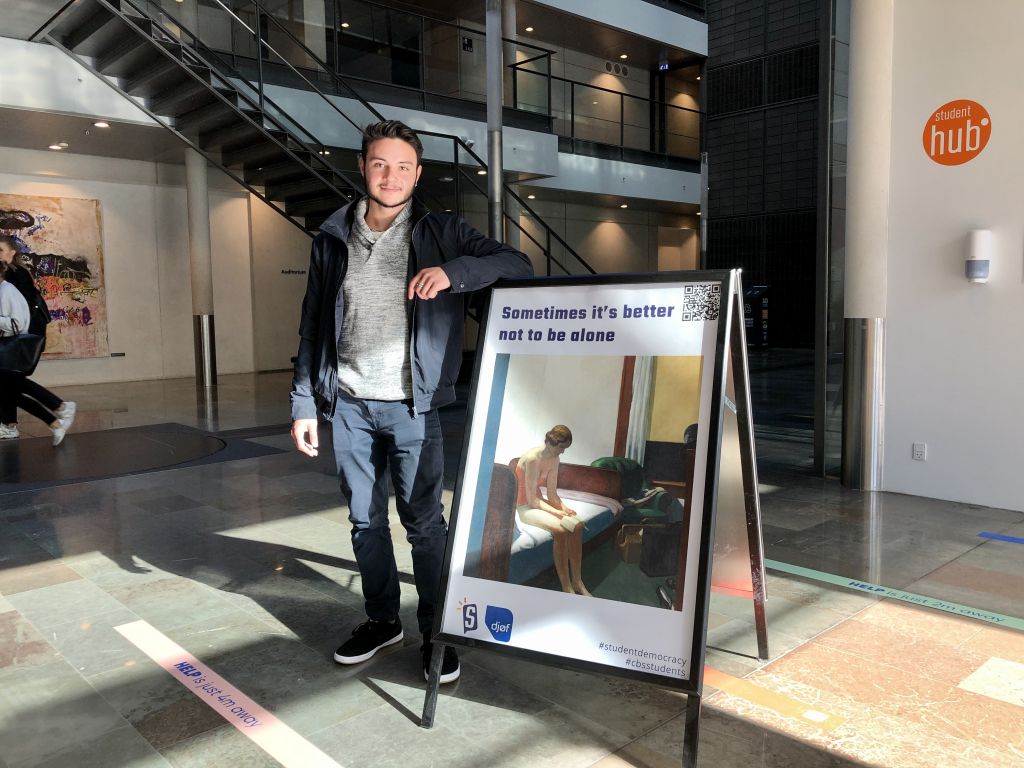
(Photo by Mette Koors)
“For instance, when COVID-19 hit Denmark and CBS was forced to shut down, all classes and exams moved to an online format – including the oral defense for all theses at both bachelor and master’s level. At the same time, CBS’ faculty decided that students who had written their thesis in groups could no longer be in the same room together during their online defense,” says Leo Bondy and goes on:
“In response, CBS Students and the Study Board engaged in a dialogue with the Dean of Education to find a solution beneficial for everyone. As a result, the decision was reversed, and students once again had the right to defend their thesis together.”
Understanding the power
Although advocating for students to become active and vote for the university election at CBS, Leo Bondy does, however, acknowledge that students’ political influence can be uninteresting for some.
“I understand that some students don’t want to engage themselves politically or don’t care about joining a study board, the academic council or the board of directors. But just the fact that they’re enrolled as students means they are obliged to answer course evaluations and the like,” he says and elaborates:
“And even though you don’t care about the direction your university is taking, such evaluations will help those who do care to make improvements. But at the end of the day, the student representatives are the ones making serious changes in the education programs or strategy on behalf of the students. But if they don’t have the support from the students, they cannot act.”
“That’s why voting for the university election is so important,” he says.
The campaign runs from Monday 12 until Sunday 18, and besides hoping that the classical painting posters and slogans will attract the students’ attention, one hope overshadows them all.
“I really hope that students begin to understand the power they have. While doing all the research for the campaign, I came to understand personally how much power we hold, and it’s insane how much influence we have. And we’re not even taking advantage of it. We’re just sitting on our hands.”
“I think that is very disheartening. Therefore, this would be my biggest appeal to all my fellow students! ”



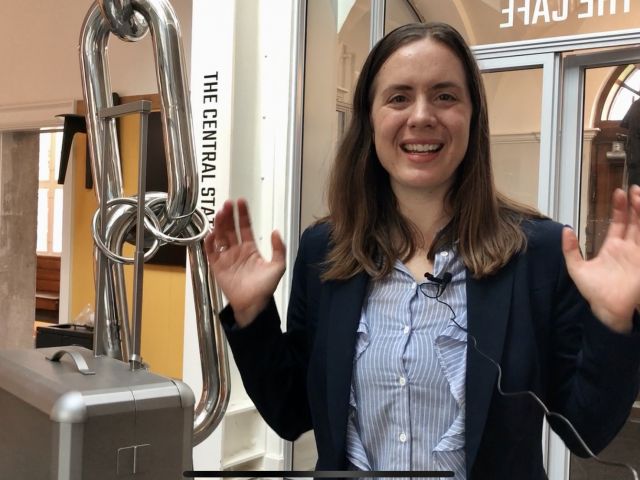
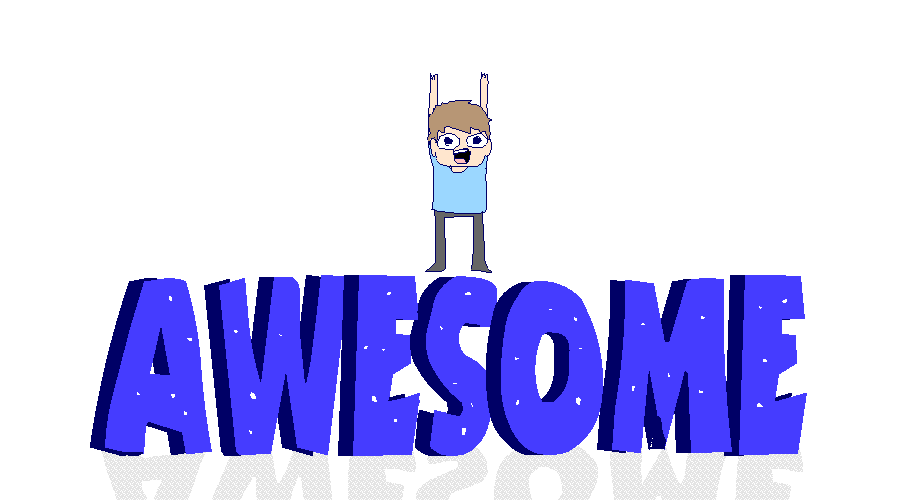
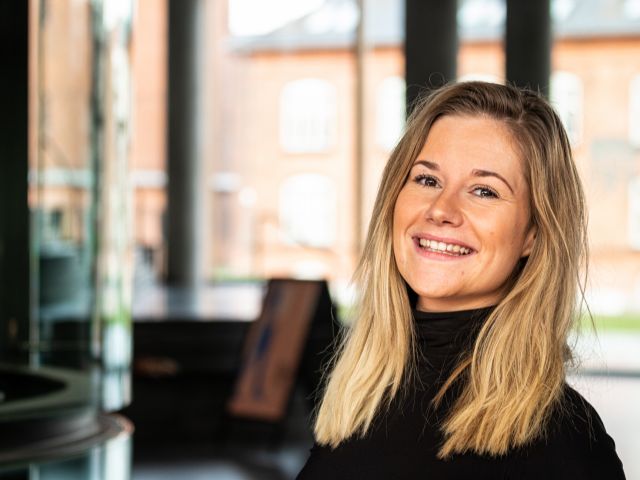
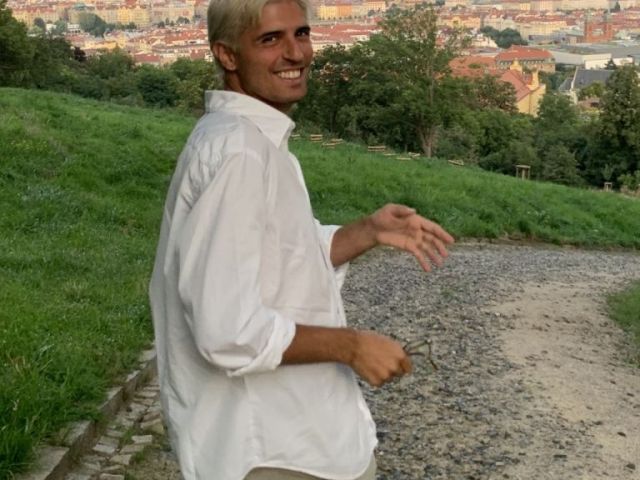




























































































































Comments